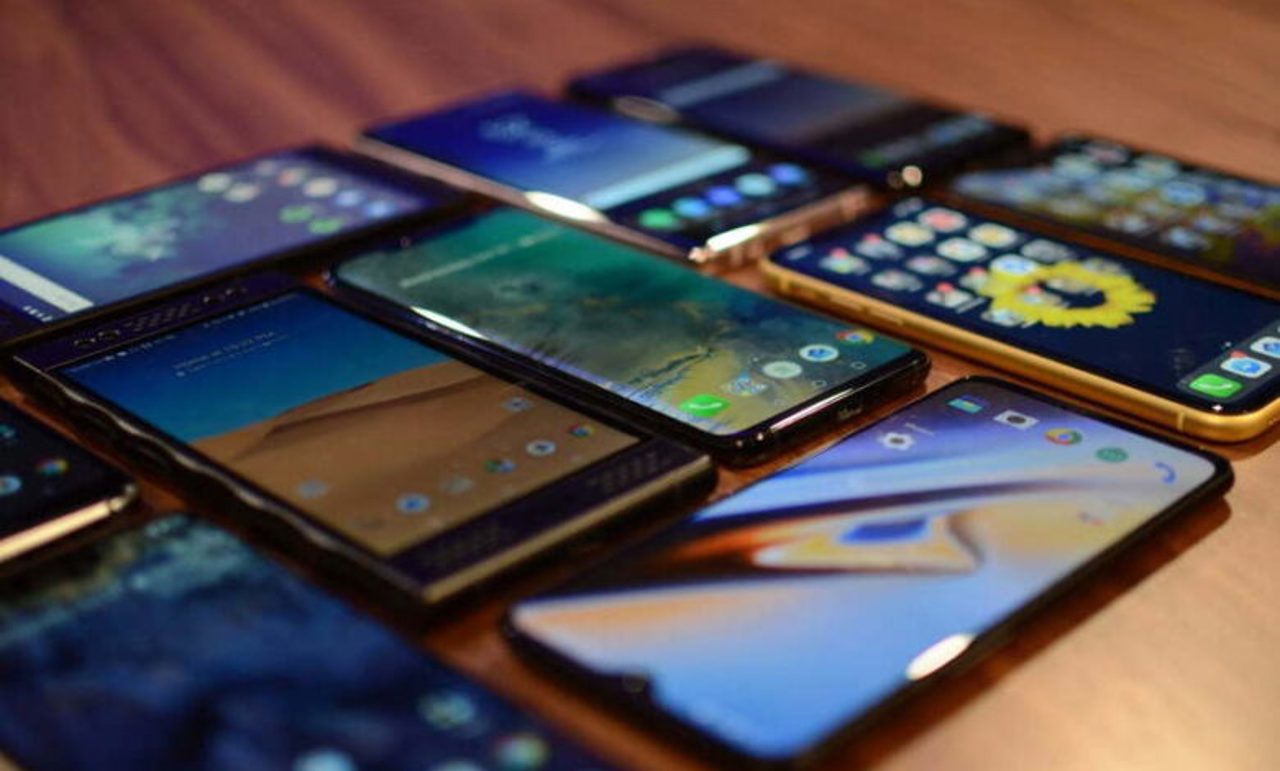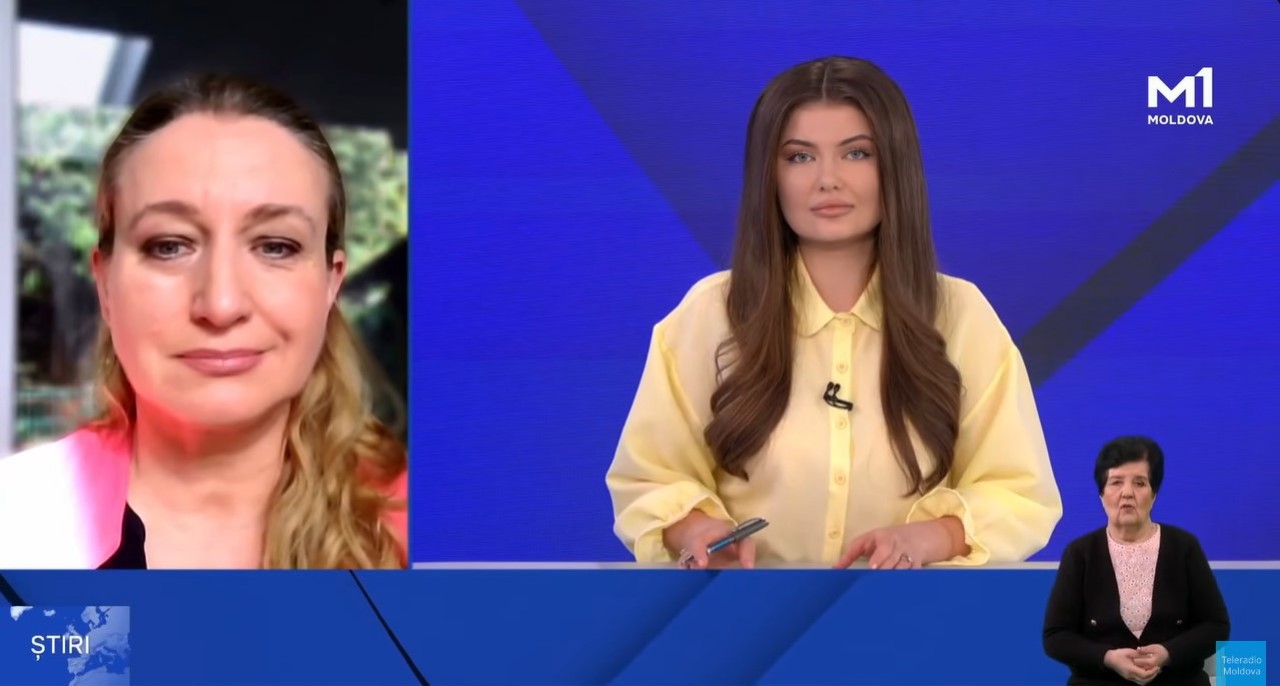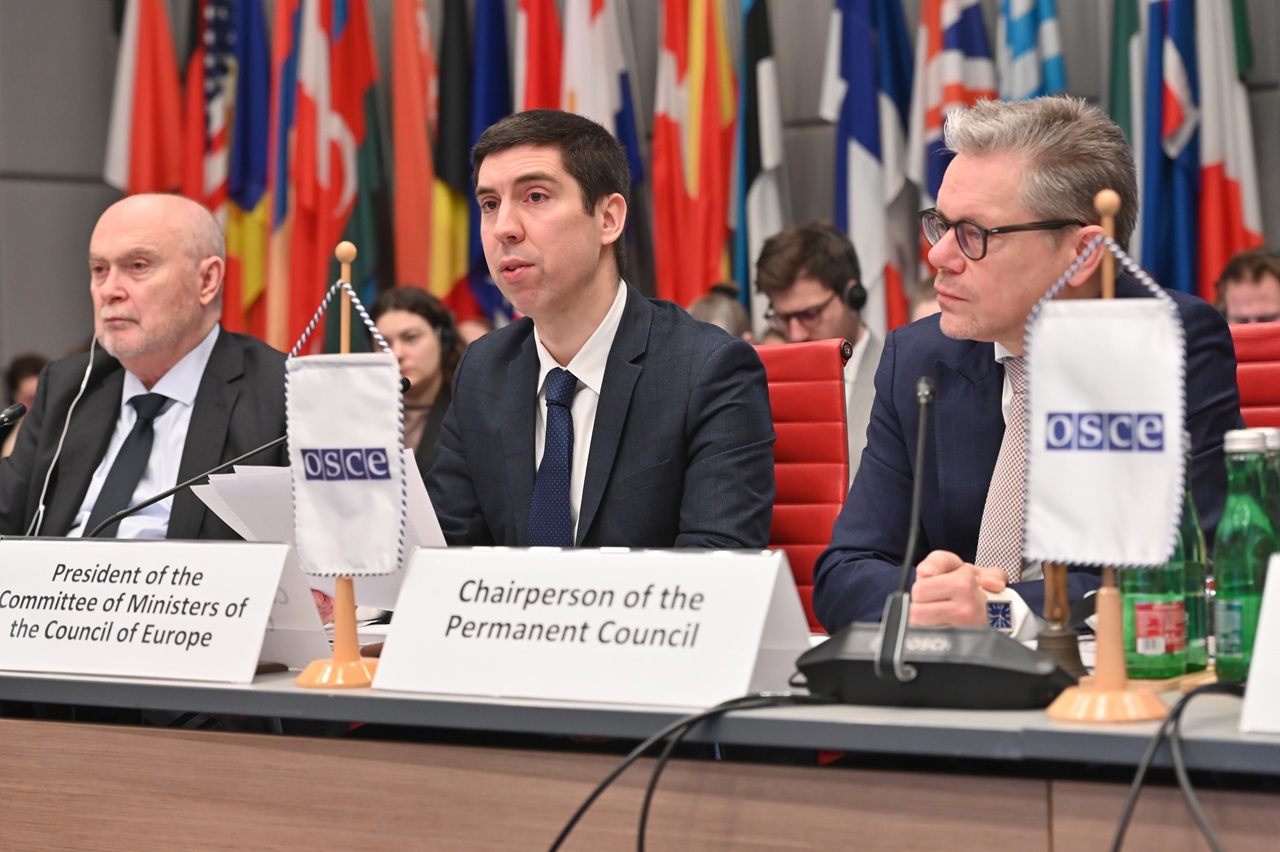Mobile phones banned in schools: Impact on focus and performance
Mobile phones will be legally banned during lessons starting in December. However, in some schools, this issue has been addressed for several years.

For example, students leave their phones in the teachers' lounge in the morning and only retrieve them when they leave for home. They say it’s not a bad idea. Without phones, not only does attention improve, but the bond between classmates strengthens as well.
At a private high school in Bălți, banning mobile phones during lessons has been a practice since 2014, when the school first opened. Students say they have gotten used to this rule, concentrate better during lessons, and feel closer to one another during breaks.
"During lessons, this helps a lot because the student listens to the teacher without being distracted by their phone, thus understanding the topic better. If something happens, the student has the right to approach the class tutor or a member of the administration to request their phone and speak with a parent."
"It’s better because, during lessons, we’re not distracted by phones and remain focused. Of course, I’d like to have my phone to play during the break, but on the other hand, it’s better not to have it, because, without phones, we have time to study for a test."
"I think it’s a good idea because, during lessons, some people are on their phones, but we should be focused on learning."
"Students can copy during lessons or be on their phones, but without them, it’s better. We communicate more, and the entire class is more united," say the students.
Typically, students retrieve their phones when they leave for home.
"Children come to school in the morning, hand their phones to the class tutor, who keeps them in the teachers' lounge. When the child finishes lessons and homework, the phone is returned. Throughout the day, the student is not allowed to take their phone, unless there is an emergency requiring them to contact their parents. The child concentrates better during lessons, is not distracted, and can achieve better academic performance and remain attentive during class," said Eugenia Dejmag, Deputy Director of Education.
This practice is now supported by recent amendments to the Education Code, which stipulate that students will not be allowed to use electronic communication devices during lessons, except in educational or emergency cases, such as health monitoring or when children have special needs.
Translation by Iurie Tataru



